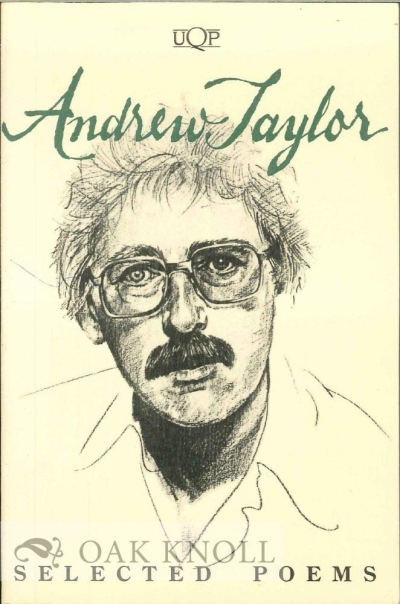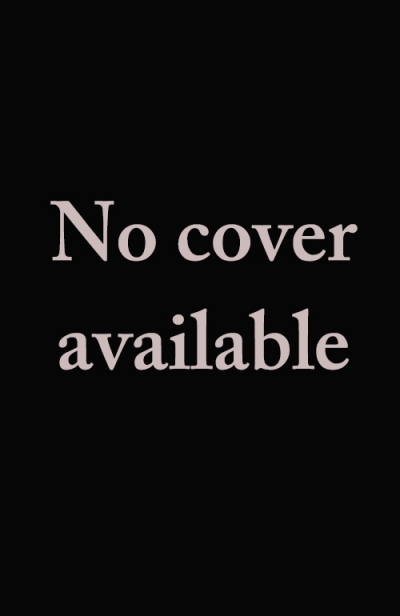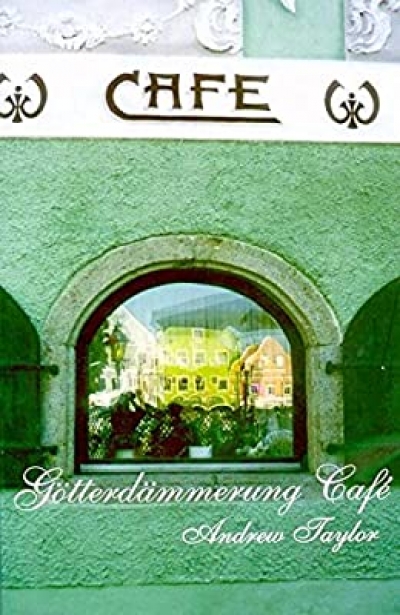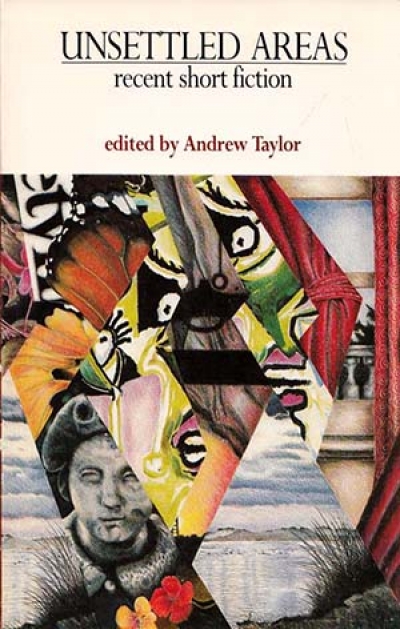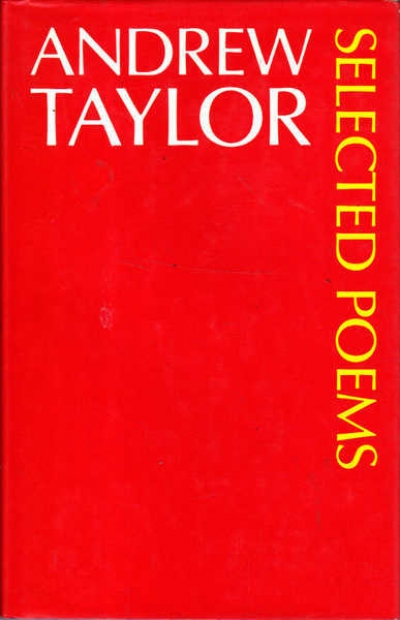Andrew Taylor
'Visiting Peter', a new poem by Andrew Taylor
... (read more)Selected Poems by Andrew Taylor & New and Selected Poems by Philip Martin
The Internet doesn’t tell me
where they’ve gone, my predeceased
contemporaries. It’s
a lengthening list though the more
So much activity outside
where sunlight spills across the snow
like cream –
Götterdämmerung Café by Andrew Taylor & Russian Ink by Andrew Sant
Unsettled Areas: Recent South Australian short fiction edited by Andrew Taylor
Have you ever noticed how otherwise intelligent journalists find it almost impossible to write seriously about Adelaide Festival’s Writers’ Week? Predictably, they seem compelled to joke about the prodigious quantity of booze consumed – but perhaps they have never attended a business or an academic convention. Then well-known visiting writers apparently must be called ‘literary lions’ – an alliterative cliché suggesting that these writers are somehow not really human. There is usually some marvelling at the miracle that for once the big names (the lions) haven’t dropped out – as though there have been no Writers’ Weeks since 1976, the last time they did drop out. And inevitably there is an awkward, giggly tone to their articles, suggesting acute discomfort or embarrassment.
... (read more)
